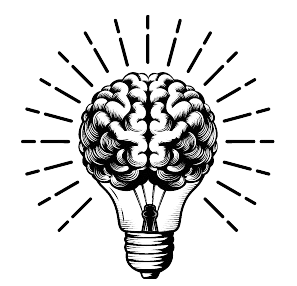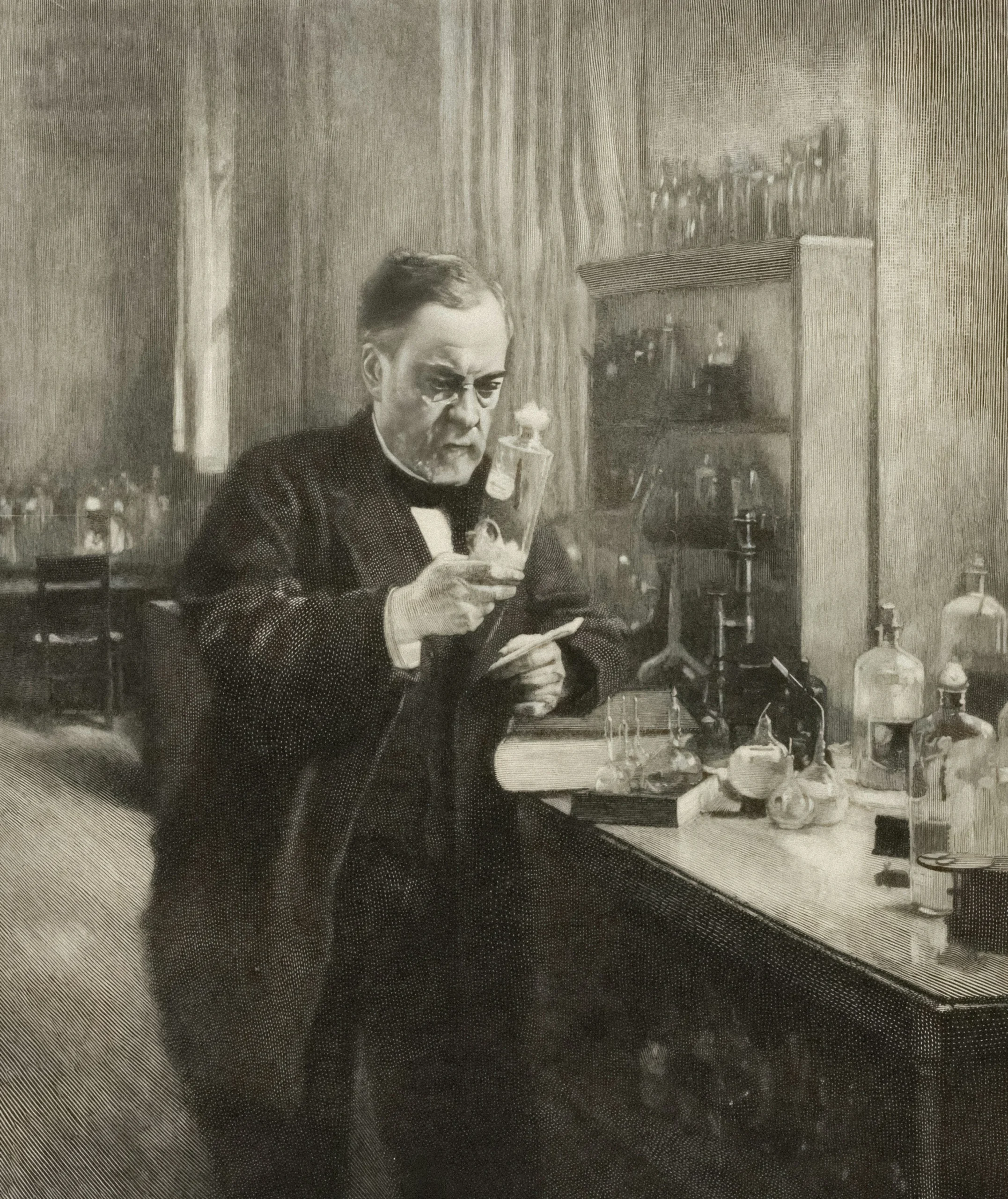Louis Pasteur, a name synonymous with science and medical creativity, revolutionized the field of medicine through his groundbreaking discoveries. Before Pasteur, the prevailing theory for disease was spontaneous generation – the idea that illnesses arose from imbalances within the body. Pasteur’s meticulous research shattered this belief and ushered in a new era of germ theory, forever transforming our approach to preventing and treating illnesses.
1. The Rise of Germ Theory
Louis Pasteur’s most significant contribution was the absolute proof that microorganisms cause fermentation and disease. Through his famed swan-necked flask experiment, he displayed that broth stayed sterile when shielded from airborne microbes. Revealing the broth to air, however, resulted in contamination. This elegantly simple experiment shattered the myth of spontaneous generation and solidified the concept of germs as tributary agents of disease.
2. Vaccination: A Shield Against Disease
Establishing upon his clarification of germs, Pasteur pioneered the development of vaccines. He witnessed that exposing chickens to a weakened form of fowl cholera rendered them immune to the full-blown disease. This principle became the foundation of vaccination. Pasteur went on to succeeding vaccines for anthrax and, most famously, rabies. His rabies vaccine, developed in the late 19th century, granted a life-saving remedy to a previously untreatable disease.
3. Pasteurization: Saving Lives, One Sip at a Time
Louis Pasteur’s impact flourished beyond human medicine. He recognized the microbial culprits spoiling beverages like wine and beer. He devised a process – now known as pasteurization – where a mild heat treatment destroys harmful bacteria without compromising the quality of the drink. This innovation stretched the shelf life of beverages and significantly decreased the splay of foodborne illnesses.
4. Hygiene and Antiseptic Practices
Louis Pasteur’s germ theory had a profound result on surgical practices. By identifying the role of germs in wound infections, he urged upon the significance of sterile techniques and antiseptics in hospitals. This led to a dramatic reduction in post-operative complications and improved surgical outcomes.
Roots of Geo-politics From Chanakya to Modern Era (Historians HATE This Theory!)
5. A Foundation for Modern Medicine
Louis Pasteur’s discoveries laid the foundation for modern medicine. His work on germ theory guided others on the development of antibiotics and limitless other interventions. The understanding of microorganisms as causative agents of disease persists to be foundation of medical research and practice.
Here are some lesser-known, but equallyflourished, contributions he made to science:
1. Pioneering Molecular Asymmetry
Pasteur delved into the fascinating world of molecular asymmetry in early period of his career. He found that certain crystals, like tartaric acid, could exist in two mirror-image forms that rotated polarized light in opposite directions. This mind boggling work laid the foundation for the field of stereochemistry, which discovers the spatial arrangement of atoms in molecules and its impact on their properties.
2. Saving the Silk Industry
France’s silk industry faced a major crisis due to a mysterious disease ravaging silkworm populations. Pasteur, ever the problem solver, understood that were two distinct microorganisms responsible for the illness and made medicine fot.
Here’s How to Catch Your Sneaky Elder Sibling Borrowing Your Clothes (Without Starting a War)
3. Fermentation: Beyond Spoilage
Pasteur’s work on fermentation wasn’t limited to disproving spontaneous generation. He recognized different types of fermenting organisms and their role in particular processes.
4. Combating Puerperal Fever
Though not directly related to germ theory, Pasteur’s stress on hygiene had a significant impact on childbirth practices. Puerperal fever, a deadly infection often contracted after childbirth, was a prime concern.
5. A Legacy of Curiosity and Innovation
Louis Pasteur’s life and work embody the spirit of scientific inquiry and discovery. He wasn’t afraid to challenge prevailing beliefs and relentlessly pursued answers through experimentation and research.
Conclusion
Louis Pasteur’s legacy is one of immense scientific discovery. He modified medicines from a field shrouded in mystery to one grounded in scientific principles. His dedication and hardword to research and his unwavering belief in the germ theory continue to save infinite lives even today.

